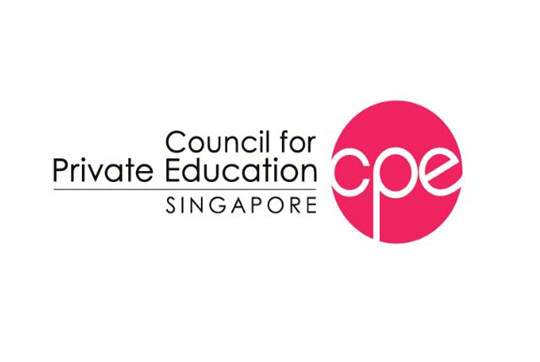A record 25private schools deregistered last year with the Committee for Private Education (CPE), which regulates the industry.
There are 293 registered private schools currently – the lowest in recent years – and more are expected to exit the industry this year, as the CPE prepares to enforce new and stricter rules on the private education industry.
But some industry watchers say this pruning may not be a bad thing. The schools that remain will most likely be the more established ones that offer relevant courses and continue to be more viable as businesses.
The new rules, which are a step towards greater transparency, academic quality and accountability, will push schools to raise their standards further.
And there is a need for higher standards as the Government opens up more pathways for Singaporeans through the SkillsFuture initiative.
Under the new rules, private schools that offer degree programmes will be required to take part in a yearly survey to track how easily their graduates find jobs. The survey will be centrally administered by CPE and results will be published on its website.
Private schools that want to offer degrees, or diplomas that lead directly to degrees, must also obtain a four-year EduTrust certification, a quality assurance award. Fresh school-leavers enrolling for certain courses will now also need to meet academic entry requirements. But schools will also have flexibility to admit mature students with relevant work or learning experience. Private schools will also need to meet minimum financial standards to ensure they are properly resourced.
The new standards are, as one industry veteran said, “not unreasonable”.
For students, they mean better protection and more information to make informed choices as to which institute and programme to select.
As the private education industry here matures, there is a need to ensure that institutions are sound and, chiefly, offer quality education and training.


